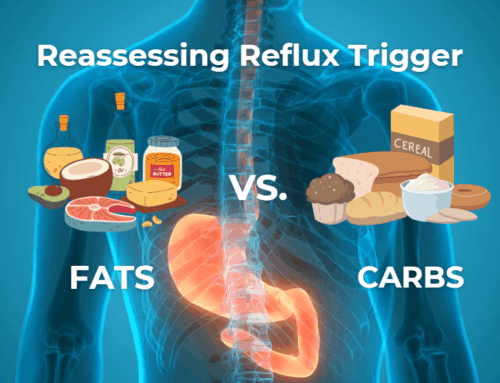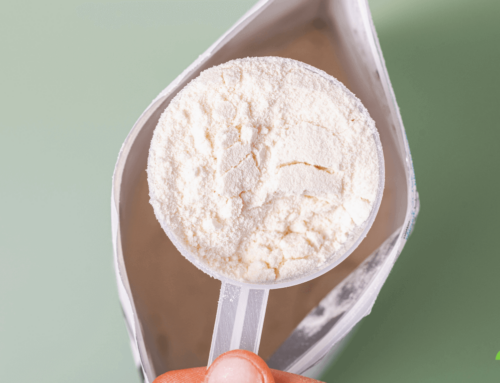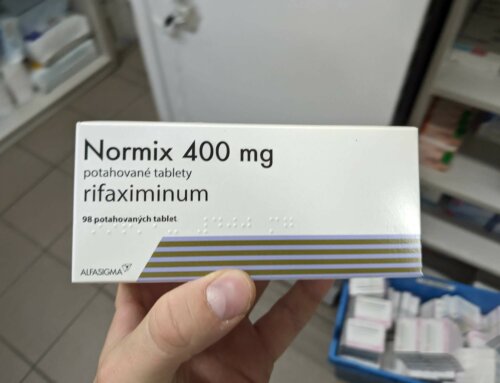A parasite called Cyclospora cayetanensis was determined to be the cause of a recent outbreak (June through July 2013) of debilitating intestinal infections that cause watery, and sometimes explosive, diarrhea along with other symptoms including weight loss, cramping, nausea, fatigue, loss of appetite, bloating, and flatulence. Almost 300 people have be diagnosed with the infection which can last for up to two months if untreated, longer for immune compromised individuals.
The first case was found in New Jersey, but infections have also been reported in Iowa, Nebraska, Texas, Wisconsin, Georgia, Connecticut, Illinois and Kansas. The majority of cases have been found in Iowa Nebraska and Texas. Based on previous epidemiological investigations, the suspected source is fresh vegetables, though no single type of produce has been identified – likely for commercial reasons. In the past outbreaks were traced to imported produce, but in this instance the source appears to be domestic fruits or vegetables.
Though the rate of new infections seems to be subsiding, prudence would suggest avoiding fresh produce from the Midwest until the specific source is identified. Washing fresh vegetables thoroughly won’t hurt either, even though the parasite may not be easily washed from the produce. If diagnosed (a stool sample must be laboratory tested for Cyclospora cayetanensis), treatment consists of antibiotics including trimethoprim-sulfamethoxazole, ciprofloxacin or the anti-protozoal drug nitazoxanide.
Dehydration
The biggest risk from infection is dehydration from persistent diarrhea. Drinking lots of fluids can help. In some cases, immune compromised individuals, infants and elderly victims have been hospitalized and placed on intravenous fluids. In most cases, this won’t be necessary.
The primary treatment for dehydration is oral rehydration salts, such as Pedialyte, to replace the water and electrolytes lost due to the diarrhea. According to the World Health Organization (WHO), each of the electrolytes in oral rehydration salts has a specific purpose:
- Glucose facilitates the absorption of sodium (and hence water) in the small intestine
- Sodium and potassium are needed to replace these essential ions which are lost during diarrhea (and vomiting)
- Citrate corrects the acidosis that occurs as a result of diarrhea and dehydration.
The best response is to start rehydration therapy as soon as the diarrhea occurs. The Mayo Clinic Website [i] provides the following improvised home formula for emergency use. They advise measuring carefully or having a second person check the measurements.
Home Oral Rehydration Salts: ½ teaspoon table salt, 6 level teaspoons of sugar and 1 liter (about 1 quart) of safe drinking water.
[i]Http://www.mayoclinic.com/health/dehydration/DS00561/DSECTION=treatments-and-drugs.[/fusion_builder_column][/fusion_builder_row][/fusion_builder_container]







Leave A Comment
You must be logged in to post a comment.